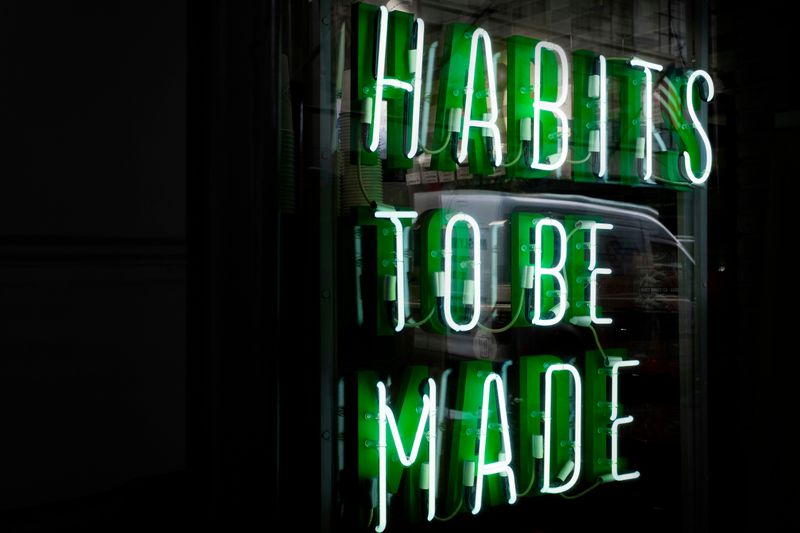 Photo by Drew Beamer on Unsplash
Photo by Drew Beamer on UnsplashImagine brushing your teeth and suddenly remembering to take your vitamins — without a sticky note reminder or nagging thought. Picture pouring your morning coffee and effortlessly jotting down what you'll eat for the day.
What if the secret to improving your fitness wasn’t so much about discipline or willpower, but about weaving new habits into the rhythm of what you’re already doing?
Habit stacking may be the best-kept secret you've been looking for!
What is Habit Stacking?
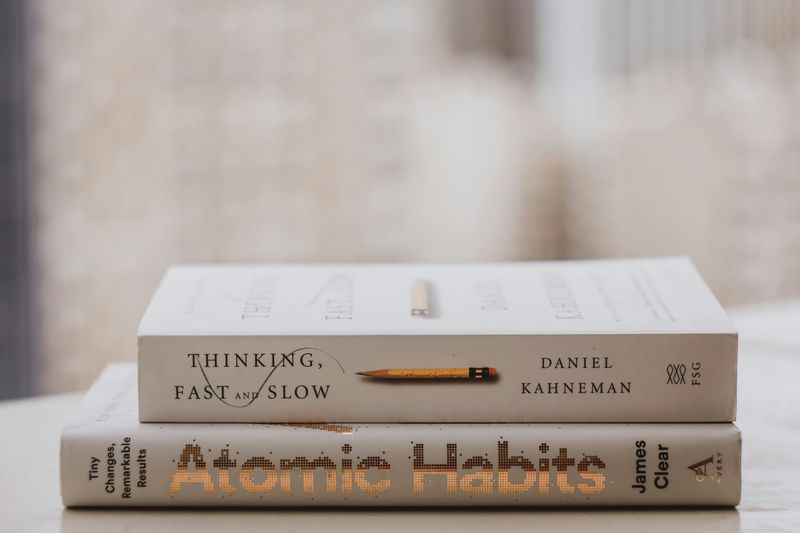 Photo by Lala Azizli on Unsplash
Photo by Lala Azizli on UnsplashYou already have some habits: getting dressed in the morning, traveling to work, or having a morning cup of tea or coffee.
Habit stacking pairs a new habit with one you already have. This method takes advantage of your existing habits by anchoring a new habit to an existing one. Your brain is more likely to reinforce habits to stick better and become part of your routine!
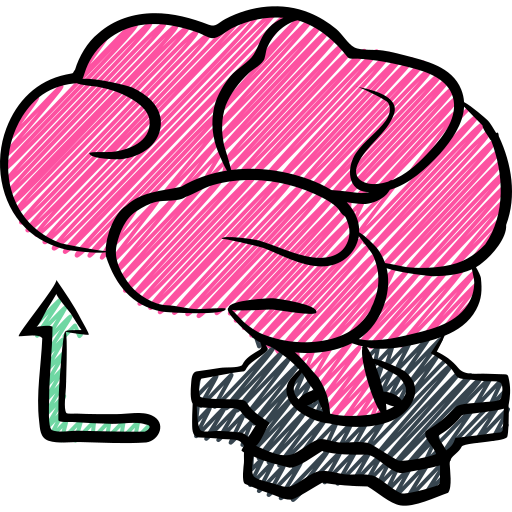
Habit stacking works because our brains build routines. Repeating actions after an existing habit creates a "cue-behavior-reward" loop — a routine that becomes automatic with time. Soon, it becomes easier to stick to the new habit (behavior) without even thinking about it!
For example, as your morning cup of tea or coffee is brewing, take those few moments to meditate or do deep breathing. Soon, you'll habitually meditate or deep breathe with every morning cup of joe or tea!
5 Steps to Habit Stacking
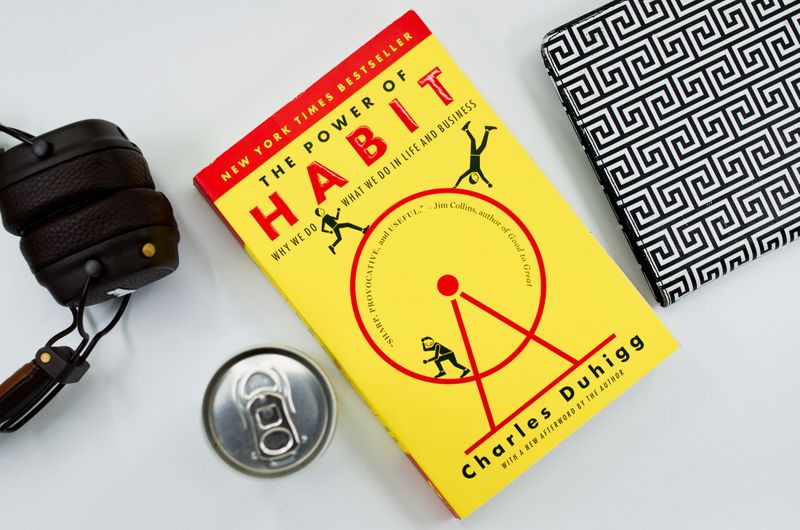 Photo by Ahmed Almakhzanji on Unsplash
Photo by Ahmed Almakhzanji on UnsplashTo use habit stacking, you only need to determine which habit you will stack or connect with another established habit you already have.
Step #1: Identify your existing habits.
This is as easy as writing a list of things you do regularly. It might look something like this:
Getting dressed
Brushing your teeth
Lying out your clothes for the next day
The list can be as long or short as you like.
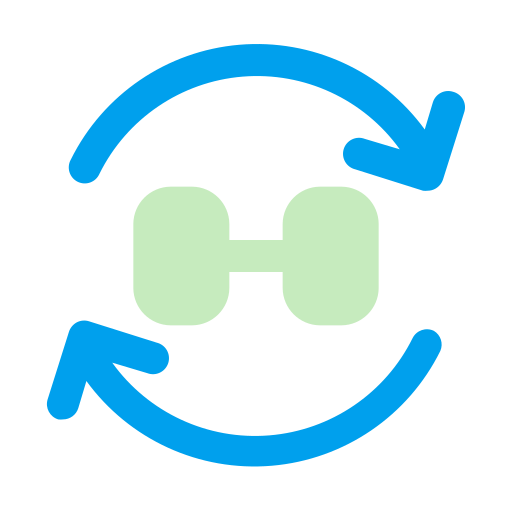 Step #2: Identify new fitness habits you want to develop.
Step #2: Identify new fitness habits you want to develop.
Jot down your fitness goals. Some suggestions are:
Taking vitamins
Meditating
Stretching
Walking
Weight lifting
 Step #3: Create your habit stack.
Step #3: Create your habit stack.
Now, pair your existing habits you identified with a new habit you want to develop. Remember that the new habit should logically follow the existing one.
You wouldn't want to pair weight lifting with brushing your teeth!
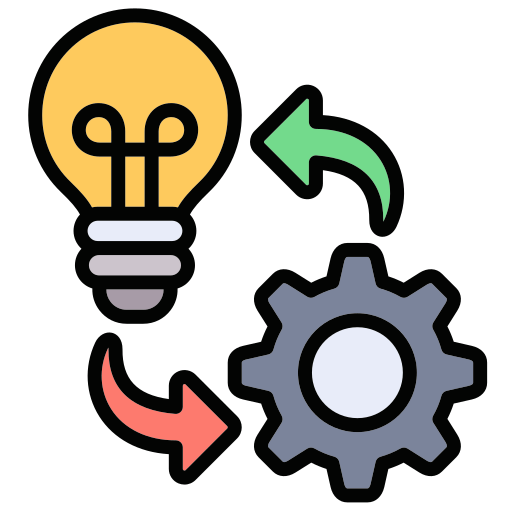 Step #4: Carry out your habit stack.
Step #4: Carry out your habit stack.
Attach the new fitness habit you want to develop to a relative existing habit. Perform the habit stack daily, reinforcing and making the new habit stick.
 Step #5: Make adjustments as needed.
Step #5: Make adjustments as needed.
If a habit stack isn't working, you can adjust it by pairing the new fitness habit with another existing one or changing the order of the habit stack.
Habit Stacking Examples
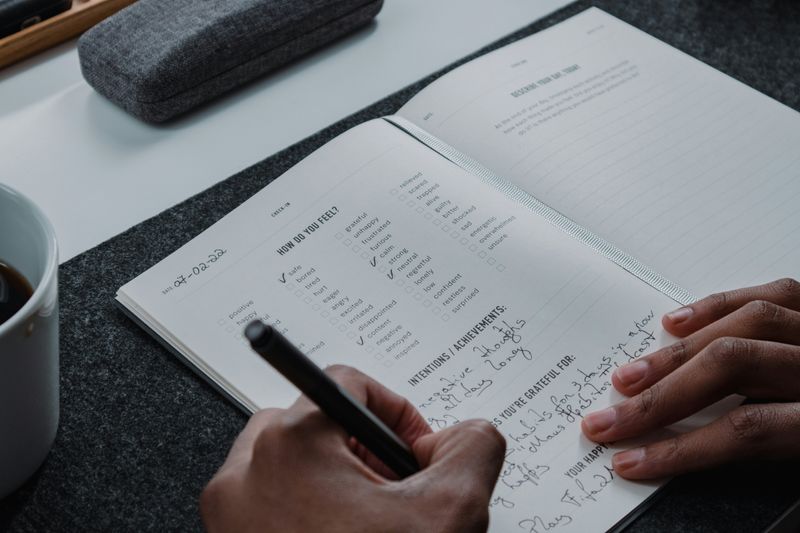 Photo by Nubelson Fernandes on Unsplash
Photo by Nubelson Fernandes on UnsplashNeed some inspiration on what fitness habits to stack? Here are some examples:
 Morning routine:
Morning routine:
After I brush my teeth, I'll take my vitamins.
After I pour my cup of coffee (or tea), I'll meditate for two minutes.
 Mid-day routine:
Mid-day routine:
After I sit for 30 minutes, I'll do one minute of yoga.
Before I eat lunch, I'll drink a glass of water.
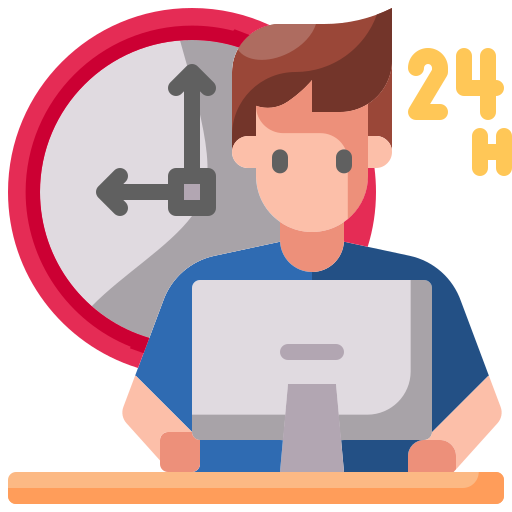 Afternoon routine:
Afternoon routine:
When I get home from work, I'll put on my workout clothes and lift some weights.
After I eat dinner, I'll go for a walk or run.
 Household chores:
Household chores:
As I'm vacuuming, I'll do lunges.
While I'm folding laundry, I'll walk in place.
 Nighttime:
Nighttime:
Before going to bed, I'll practice relaxation techniques.
Before going to sleep, I'll meditate and clear my mind.
Take Action
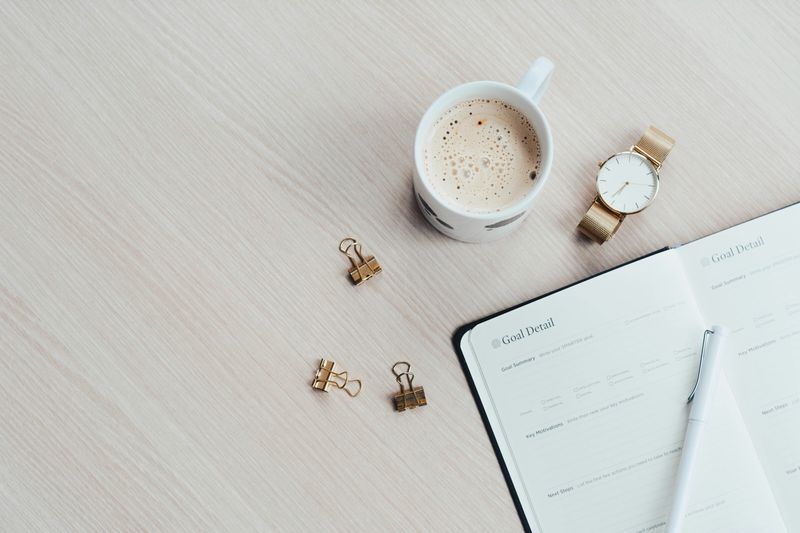 Photo by Content Pixie on Unsplash
Photo by Content Pixie on UnsplashImproving your fitness doesn't have to be a grueling process filled with hours of exercising. Try habit stacking!
Remember these steps:
If you'd like to learn more about habits and how they're formed or how you can improve your fitness, check out these Bytes:
Your feedback matters to us.
This Byte helped me better understand the topic.

